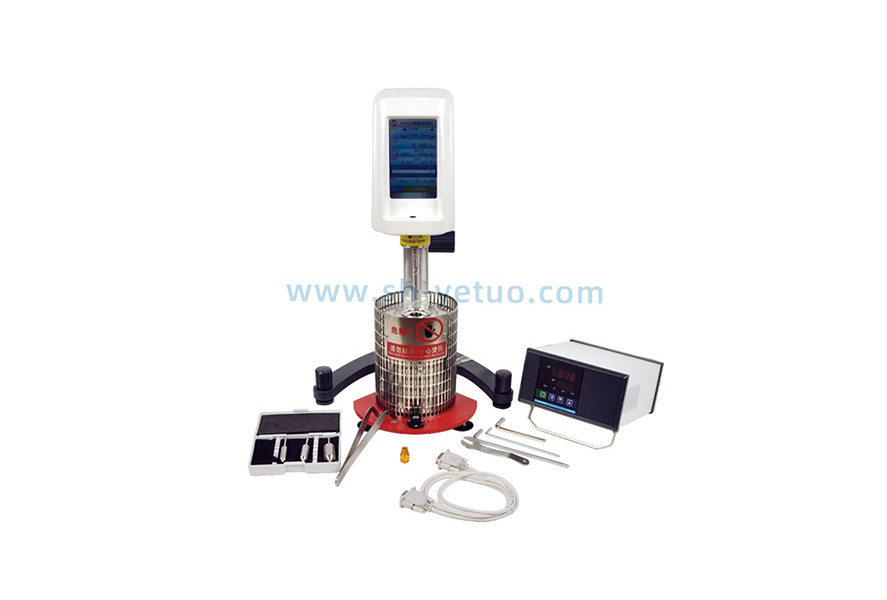What are the main application scenarios of the Yetobu viscometer? It is widely used in various industries such as chemical, food, and pharmaceutical, mainly for measuring the viscosity of fluids to ensure product quality and optimize production processes. The following are the main application scenarios of some models (based on actual models):
Food and beverage industry: can be used for viscosity measurement of products such as juice, soup, dairy products, sauces, jams, syrups, etc., to ensure stable taste and texture of the products. For example, by measuring the viscosity of yogurt, it can be ensured that it has appropriate fluidity, neither too thin to affect the taste, nor too thick to be difficult to scoop.
Chemical industry: In the production of coatings and paints, it is possible to test their flowability, control the application effect, coverage, and drying time. For lubricating oil, grease and other products, viscosity measurement is the key to ensuring their stable performance and effectiveness. The Yetuobu viscometer can help companies strictly control product quality.
Cosmetics industry: face cream, lotion, shampoo, bath gel and other skin care products and cosmetics need viscosity measurement to ensure the ease of use, sense of application and stability of products. Excessive or insufficient viscosity can affect the effectiveness of product use and consumer experience. The Yetobu viscometer can help companies produce products that meet quality standards.
Petroleum industry: widely used in the extraction, transportation, and production of petroleum products such as lubricants and petroleum additives. Viscosity is crucial for the fluidity, pumpability, and performance of petroleum products. By using this viscometer to measure viscosity, it can ensure the normal use of petroleum products under different working conditions.
Pulp and paper industry: In the production process of pulp, it can be used to measure the fluidity of the pulp to ensure stability and consistency in the papermaking process, which helps improve paper quality and reduce production failures.
Plastic and polymer industry: can be used to evaluate the viscosity of plastics, rubber, and polymers, help manufacturers adjust the processing conditions of products, ensure that the final product has appropriate mechanical properties and flow characteristics, and thus produce plastic products that meet the requirements.
From quality control in industrial production to characteristic analysis in scientific research, the Shanghai Yetuo Brinell viscometer accurately captures the viscosity characteristics of fluids, becoming a key bridge connecting fluid performance and product quality. Its application scenarios are still expanding with technological upgrades.


 Alibaba Store
Alibaba Store Tmall Store
Tmall Store Jingdong Sstore
Jingdong Sstore







